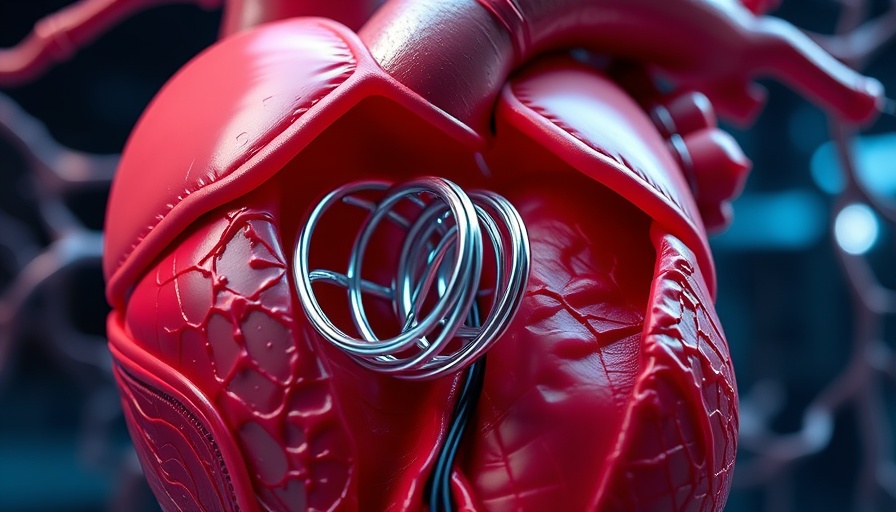
Understanding Angioplasty: A Closer Look
Angioplasty has been considered a common treatment for restoring blood flow in patients with heart disease. The procedure involves inserting a small balloon into narrowed arteries to widen them, often followed by the placement of a stent to keep the artery open. However, recent studies have called into question the efficacy of this treatment, showing negligible effects on mortality and heart attack rates, especially in patients who fall into high-risk categories.
What Studies Reveal About Heart Attack Causes
One major insight from multiple clinical trials is that most heart attacks are triggered by nonobstructive plaques—those that don't significantly impede blood flow. A striking finding revealed that these silent killers often do not exhibit any noticeable symptoms. As a result, even well-intentioned procedures like angioplasty may overlook the plaques that pose the greatest threat to heart health.
Holistic Health Insights: Broader Contexts
While angioplasty may not offer the solutions we hoped for, this brings to light the importance of a holistic approach to heart health. Prioritizing lifestyle changes—such as adopting a healthy diet rich in whole foods and engaging in regular physical activity—proves invaluable. Simple exercises for better health and nutrition advice for wellness can complement traditional medicine, offering a comprehensive strategy for prevention.
Actionable Insights for a Healthier Life
To enhance heart health, consider integrating small, manageable changes into your daily routine. From incorporating more fruits and vegetables into your meals to finding enjoyable fitness routines for busy people, these adjustments can have a significant impact over time. Embracing a holistic approach to well-being, including mind-body wellness practices like meditation or yoga, can further enhance your heart health and overall vitality.
Taking Charge of Heart Health: Empower Yourself
Understanding the limitations of procedures like angioplasty empowers patients to demand better preventive care. Instead of waiting for a serious issue to arise, proactive steps can be taken right now to maintain cardiovascular health. Educating yourself on the intricacies of your health, staying informed, and making conscious lifestyle choices can pave the way toward a healthier, more fulfilled life.
 Add Row
Add Row  Add
Add 




Write A Comment